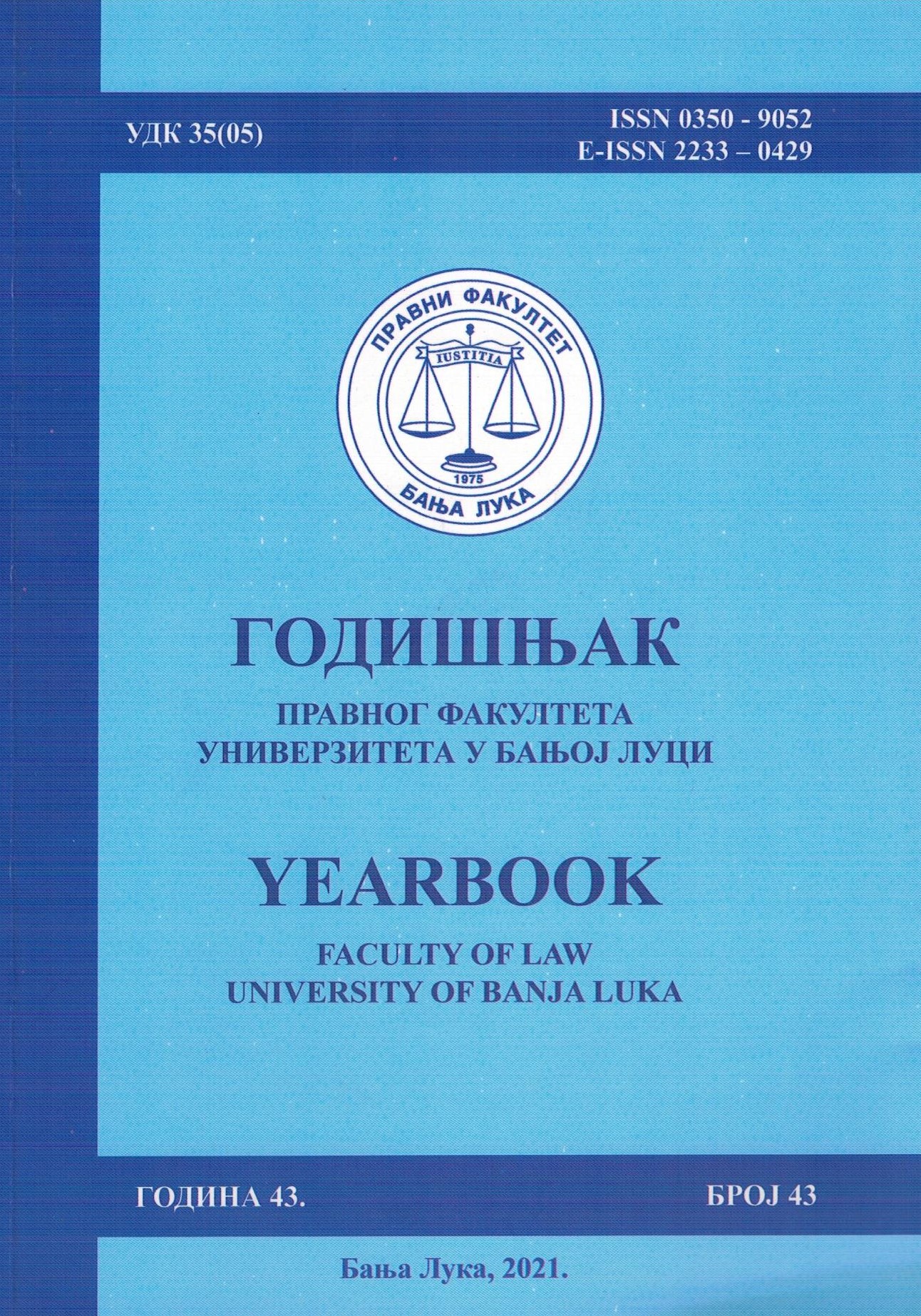CRIMINAL AND POLICE COOPERATION BODIES IN THE EUROPEAN UNION, THE EUROPEAN PUBLIC PROSECUTOR AND CORPUS IURIS
Abstract
The European Union has long been making some efforts to develop the criminal law of the European Union, the main goal of which would be to protect the financial interests of the Union. For that purpose, certain new criminal law institutes typical for this branch of law were introduced. However, in order to achieve the actual implementation and application of mechanisms to protect the interests of the Union, there was a need to establish police and criminal cooperation bodies within the Union, which will be independent of the criminal laws of Member States, but at the same time achieve a high degree of cooperation between themselves and with the national authorities of the Member States, all for the purpose of faster, more efficient and simpler cooperation and protection of the values of the Union. In that context are also introduced the European Public Prosecutor, and the academic study Corpus Iuris, which many consider to be the forerunner of the criminal code of the European Union. The paper presents in more detail the bodies for judicial cooperation between Member States - Eurojust, the European Judicial Network, Liaison Magistrates, Europol, the European Anti-Fraud Office - OLAF, the European Public Prosecutor, and the Corpus Iuris. In addition, the tendencies in the protection of human rights are also the subject of attention.

This work is licensed under a Creative Commons Attribution-NonCommercial-NoDerivatives 4.0 International License.



